Contribute to developing public policies and professional practices that promote quality of life, particularly for older people. This is the main objective of the Algarve Network for Collaborative Research on Aging (RAICE), formalized this Wednesday, October 28, World Day for the Elderly.
The founding entities of this network are the Faculty of Economics of the University of Algarve (UAlg), the Municipality of Faro, the University Hospital Center of the Algarve, the University of Algarve for the Third Age and the Sociedade Recreativa Bordeirense.
All got together, this Wednesday morning, the 28th, to sign a memorandum of understanding for the creation of this network in the conference room of the Faculty of Economics.
José de São José, professor of Sociology at UAlg, is the great mentor of this initiative, which, he explained, “wants to have a collaborative character”.
«What we have foreseen, within the scope of the network, are scientific and technological research initiatives. The network already has a project under evaluation at the Foundation for Science and Technology, on the quality of life of older people. We also foresee the organization of scientific events and the transfer of knowledge to society», he said.
It is that, he confessed, "the ultimate goal is that the results later be relevant for all actors."
“Scientific research tends to be done only by academics and this sometimes ends up being of little relevance. Throughout the research process – from conception to validation of results – we want these entities and even others to participate. This makes the investigation more relevant because it will draw on all the contributions from the representatives who are in the field and have a lot to say. We academics sometimes miss the concrete reality,” he added.
And how did the idea of creating this network come about? Professor José de São José has already done work in the area of aging, but felt «the difficulty in connecting the academy with society».
"It was from this diagnosis that the idea of involving civil society entities that are connected with the issue of aging and bringing them to this network so that it has more impact on the quality of life and well-being of older people arose," he said. .
Entities such as the Chamber of Faro, the University Hospital Center of the Algarve, the University of Algarve for the Third Age and the Sociedade Recreativa Bordeirense will, «for example, give us access to the field, to the data, in addition to collaborating on the projects, monitoring them and validating the results finals'.
On the part of the partners in this network, availability is, moreover, total. Rogério Bacalhau, president of the Chamber of Faro, highlighted the "up-to-dateness" of the theme of quality of life in aging, as well as the need to "know how to jump the walls of the university".
The mayor also expressed his desire for the creation, at national level, of an entity "similar to the Commissions for the Protection of Children and Youth", but dedicated to the elderly.
In turn, Ana Castro, chairman of the Board of Directors of the University Hospital Center of the Algarve (CHUA), underlined the «pride» of CHUA being able to integrate this network, whose creation «makes perfect sense».
Photos: Pedro Lemos | Sul Informação
Help us to do the Sul Informação!
Contribute your donation so that we can continue to make your journal!
Click here to support us (Paypal)
Or use our IBAN PT50 0018 0003 38929600020 44
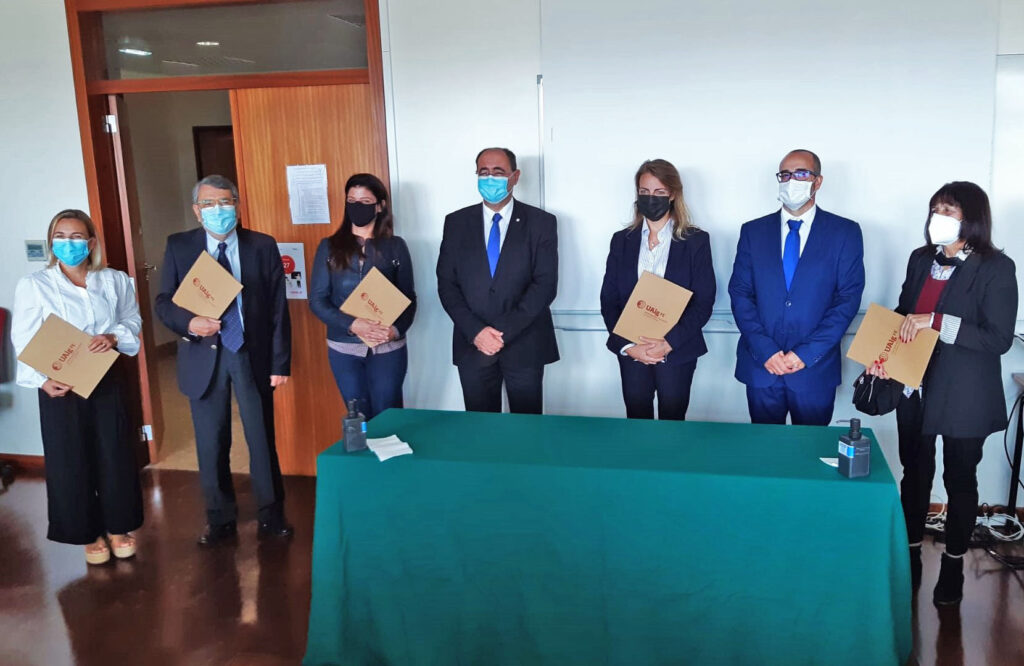
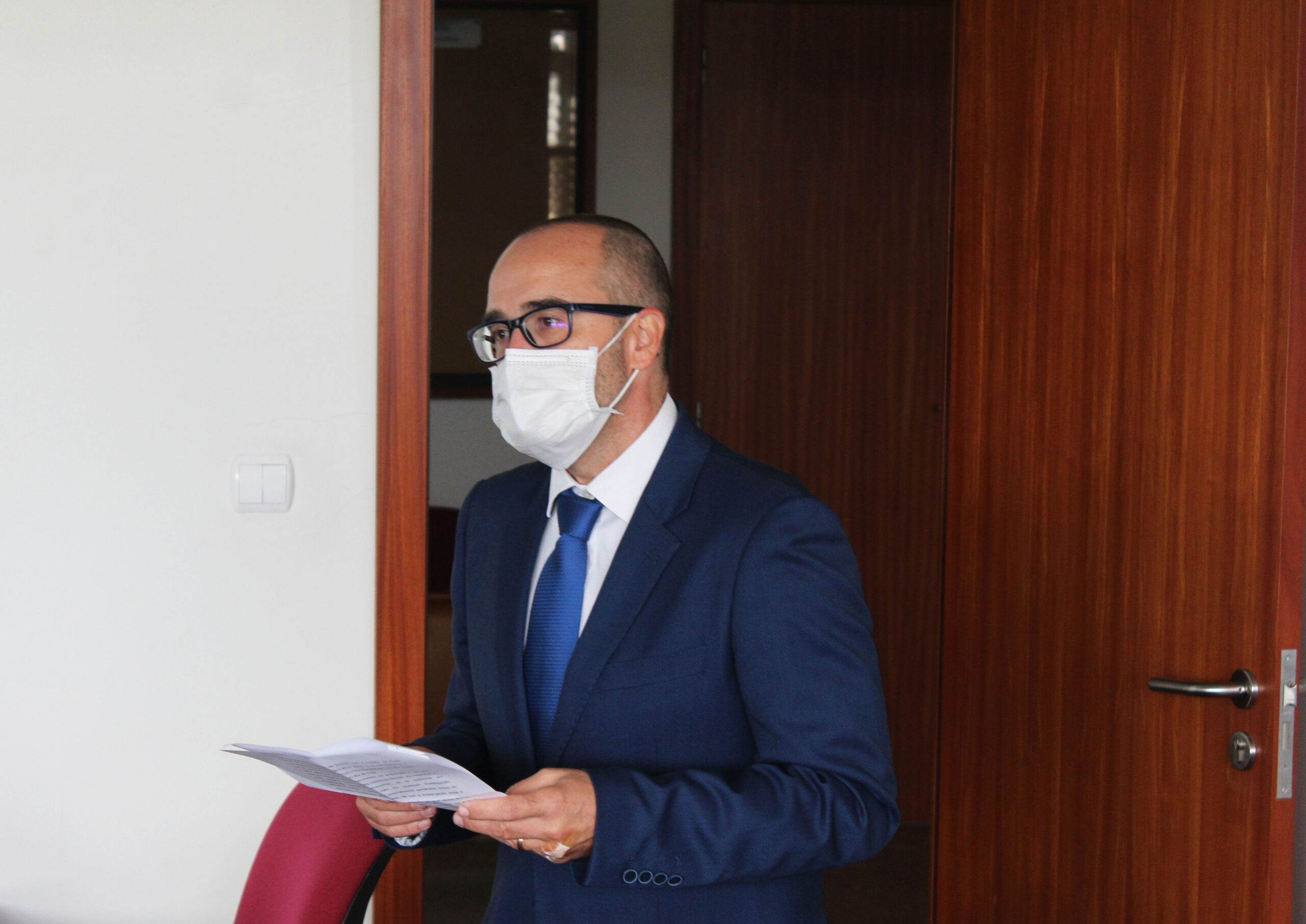
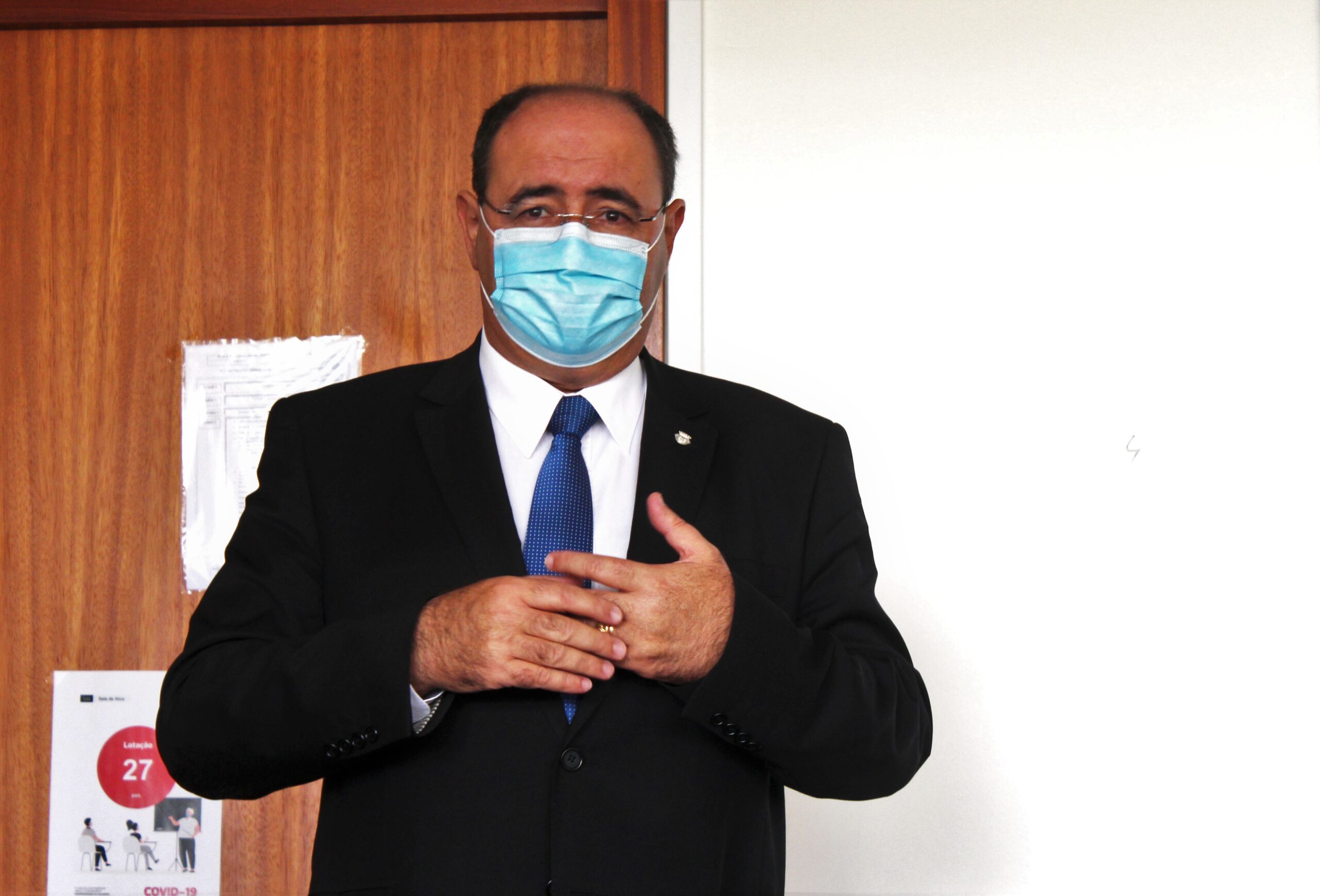
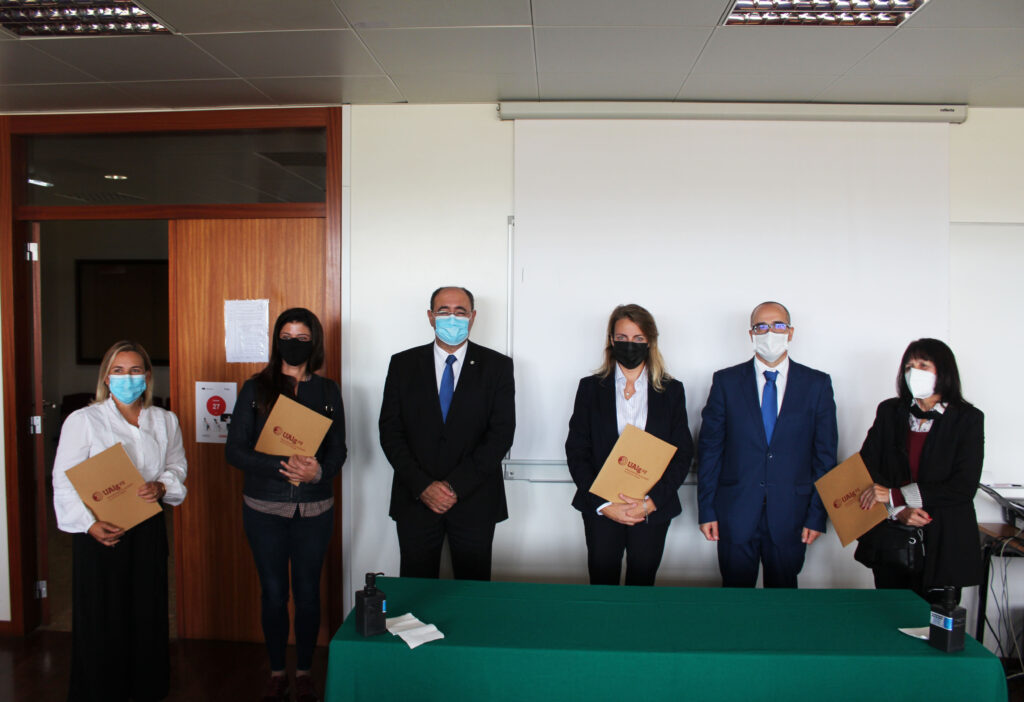
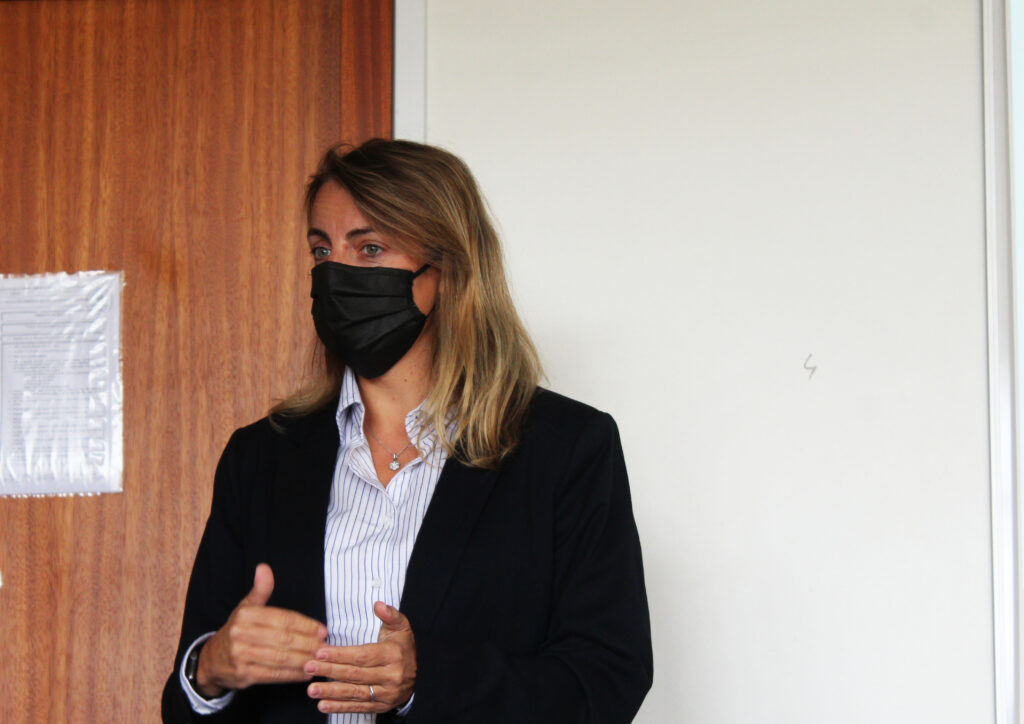
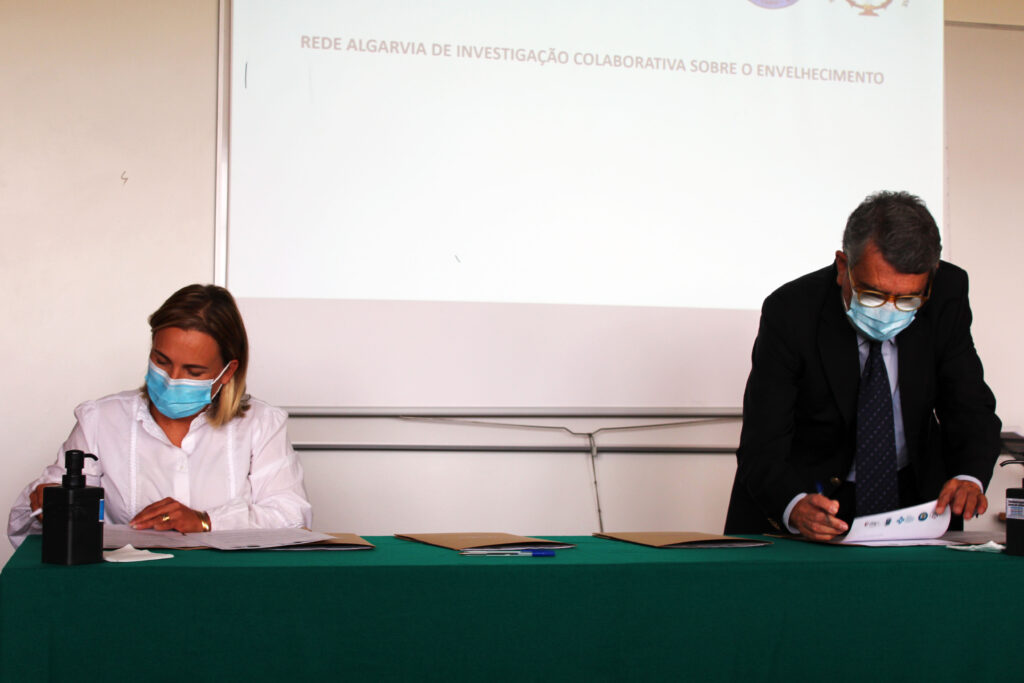
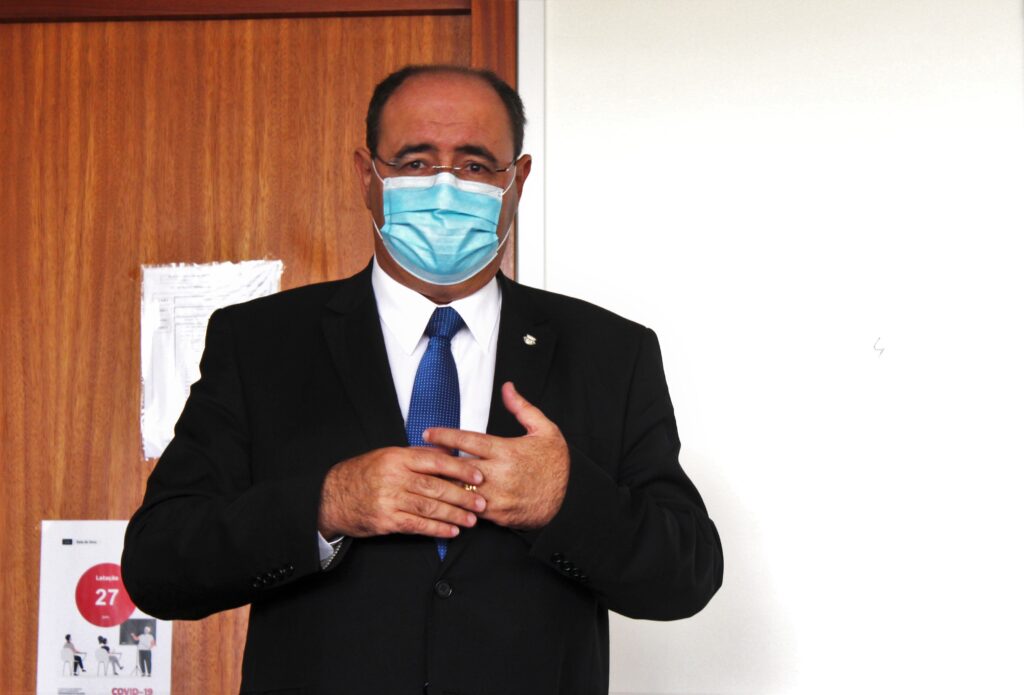
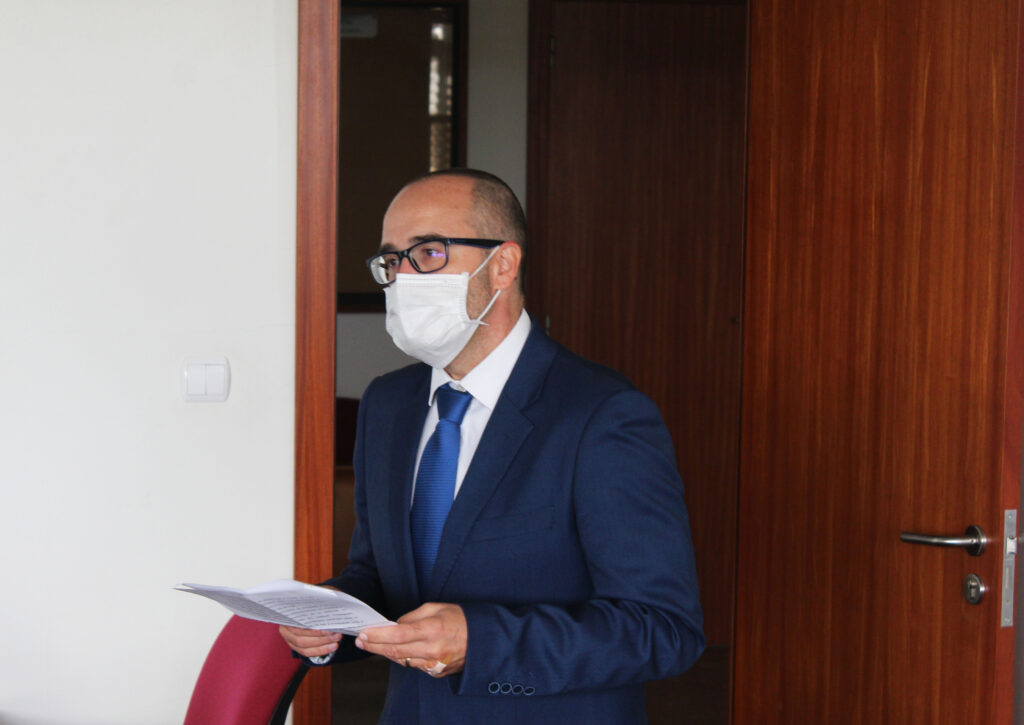


















Comments